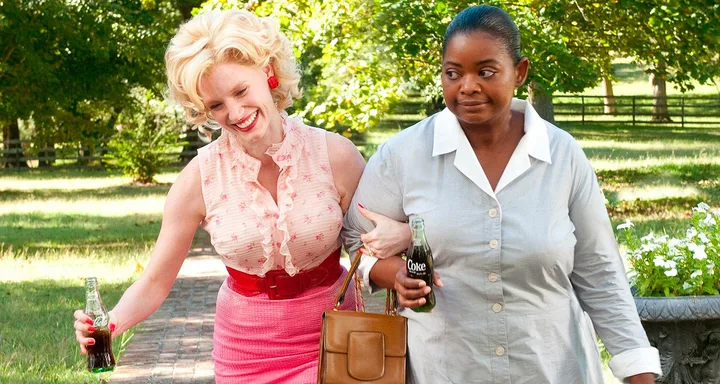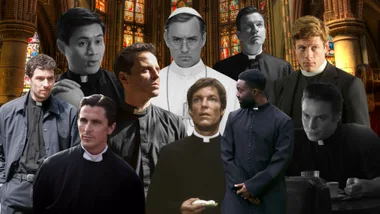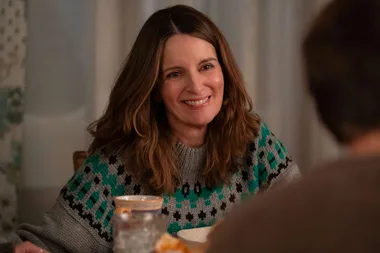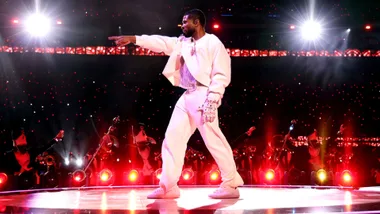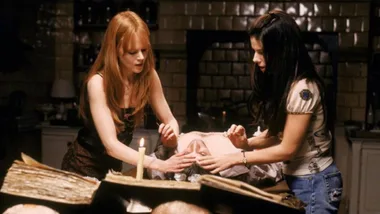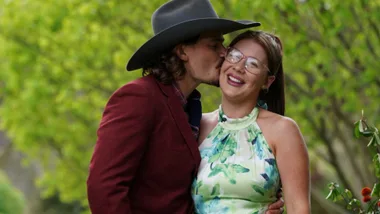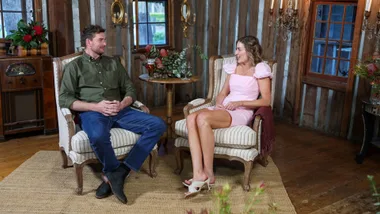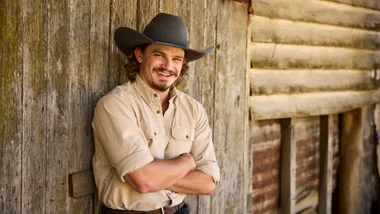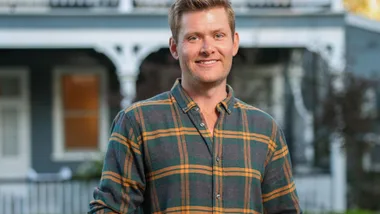As support of the Black Lives Matter movement continues, many have been taking to films and television shows, to self-educate on the history of racism and how prominent it still is today.
However, it’s important to remember that not every movie featuring Black lead characters comes from Black storytellers. In particular, Netflix announced that the 2011 film, The Help, has skyrocketed to the most-watched film on the streaming platform.
And while many consider a film like The Help to be a form of self-education, the stars of the controversial film have come forward to say otherwise.
While she earned an Academy Award nomination for her performance in the film, Viola Davis has consistently expressed her regret over her taking the role, and has recently shared her thoughts on how detrimental the film is to ending racial injustice.
In an interview with Vanity Fair on July 15, Davis acknowledged the film’s entertaining qualities but revealed how it took a personal toll on her, saying:
“There’s no one who’s not entertained by The Help. But there’s a part of me that feels like I betrayed myself, and my people, because I was in a movie that wasn’t ready to [tell the whole truth]”.
She also added that the film, and other films similar to it, were “created in the filter and the cesspool of systemic racism.”
In 2018, Viola Davis–who played maid Aibileen Clark–spoke of how she regretted starring in the movie, in an interview with The New York Times.
“I just felt like at the end of the day that it wasn’t the voices of the maids that were heard,” Davis stated. “I know Aibileen. I know Minny. They’re my grandma. They’re my mum. And I know that if you do a movie where the whole premise is, I want to know what it feels like to work for white people and to bring up children in 1963, I want to hear how you really feel about it. I never heard that in the course of the movie.”
Most recently, Davis posted about her participation in the protests, along with fellow co-star Octavia Spencer. The actress also included a lengthy caption that highlighted her passion for standing up for people of colour, while The Help, in which they play black women serving white families, surges in views and gains criticism.
In her caption, Davis spoke of why she’s protesting, saying: “My rage and pain, like many Black Americans is rooted in the depth of my soul. Too many years of being asked to numb it, has caused it to implode. But standing with these beautiful souls in protest and the reception of love and being seen was like a vaccine. “
When it comes to films like The Help, many have addressed that while it covers racism, it doesn’t make white people accountable for their actions, or offer any indication that the problem continues to exist today. In a post on OprahMag.com, film critic Candice Frederick wrote:
“The Help paints racism in very broad strokes, presenting it all in a vacuum, like an old-time disease that has long since been remedied”. From there, she continues to explain how the film doesn’t make its white viewers feel guilt, which in result, fails to make them realise how complicit they are in the problem.
“So of course white viewers are going to flock to it, because it doesn’t force them to face anything real in the present day in the way that a film like I Am Not Your Negro does.”
In an Instagram post on June 7, actress Bryce Dallas Howard spoke out about the film, referring to it as a “story told through the perspective of a white character,” that “was created by predominantly white storytellers”.
In the film, Howard played racist housewife, Hillary “Hilly” Holbrook, which ultimately scored Octavia Spencer an Academy Award for her performance, and secured Viola Davis a nomination. But while the film was relatively well-received by the Academy, The Help continues to cop criticism since its release, nine years ago.
The film itself was directed by a white man, based on a book by a white woman and focused on a white woman’s decision to write about the lives of black maids. Criticised for glorifying a white saviour narrative, there’s no wonder why the film’s top-spot on Netflix, especially during the protests, has caused a stir.
So rather than watching The Help, Howard and many others online have suggested other films and television shows to watch for those looking to understand and eliminate white privilege. On Howard’s list, she mentions films such as: 13th, Eyes on the Prize, I am Not Your Negro, Just Mercy, Selma and more that will educate audiences more accurately.
Ending her post, she amplified how “stories are a gateway to radical empathy and the greatest ones are catalysts for action.”
